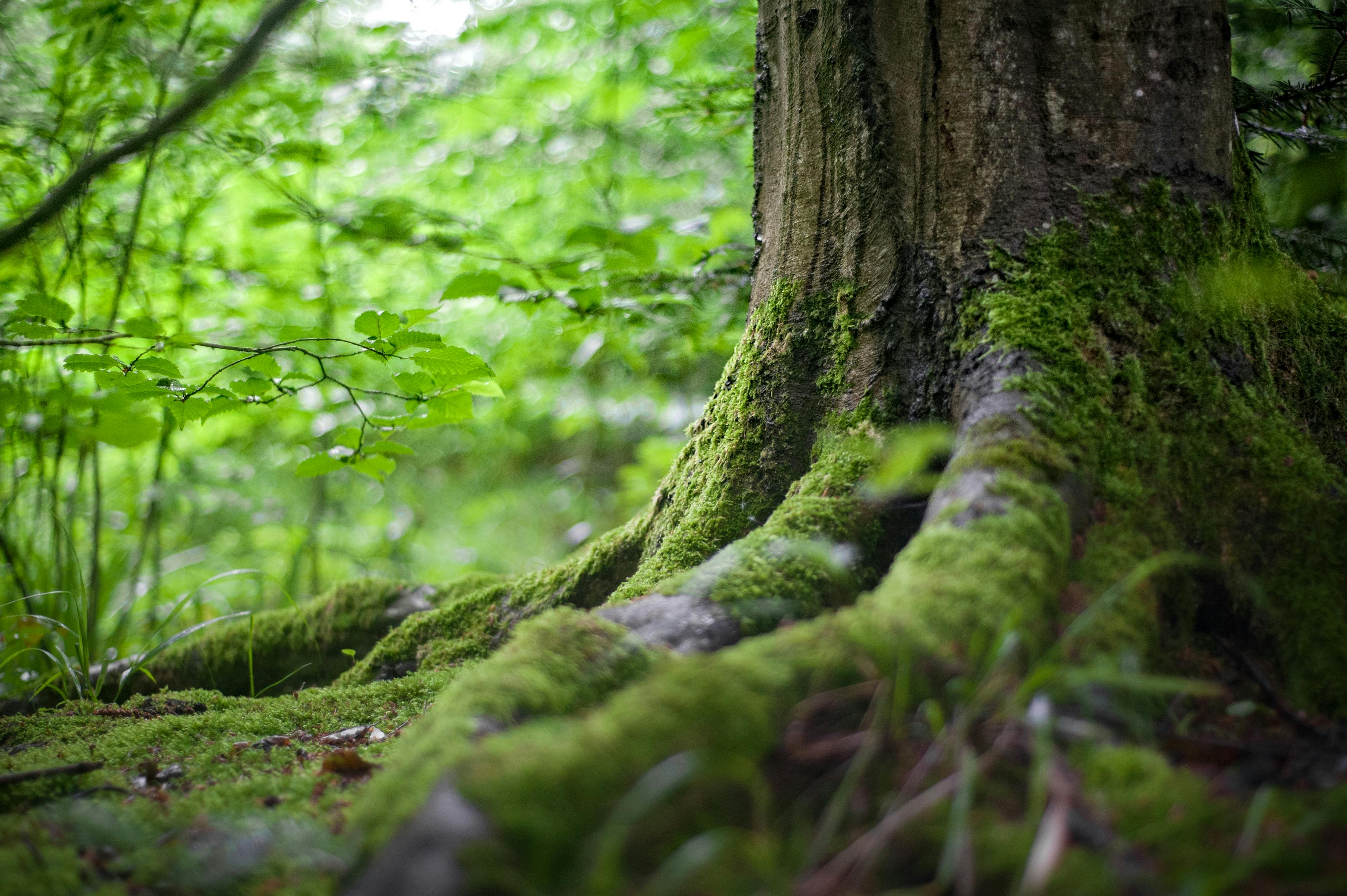Understanding the Impact of Nature on Mental Health
The world is becoming increasingly urbanized, with people spending more time indoors and less time interacting with the natural world. This shift has significant implications for our mental health and wellbeing, which have been underlined by the recent COVID-19 pandemic. This article will delve into the fascinating relationship between nature and mental health, focusing on the scientific findings and practical strategies for harnessing the healing power of the great outdoors.

The Nature-Mental Health Connection: An Overview
The connection between nature and mental health has been studied for centuries, with varying theories and understandings. Ancient civilizations often viewed nature as a source of healing and rejuvenation. With the advent of modern science, we’ve begun to understand the physiological and psychological mechanisms underlying this relationship. Recent research has shown that time spent in nature can reduce stress, anxiety, and depression, while boosting mood, creativity, and cognitive function.
The Science Behind the Green Effect
Several scientific theories explain how nature influences our mental health. These include the Biophilia Hypothesis, which suggests humans possess an innate love for nature and other forms of life, and the Stress Recovery Theory, which proposes that natural environments can help people recover from stress more quickly.
One of the most compelling pieces of evidence comes from studies examining the effects of green space on mental health. A landmark 2019 study found that spending at least 120 minutes per week in nature is associated with good health and wellbeing.
Benefits and Challenges of “Green Therapy”
The concept of “green therapy” or “eco-therapy” involves using nature-based activities to promote mental health. It can include activities like gardening, forest bathing, and wildlife watching. While the benefits are numerous, including improved mood, better concentration, and reduced stress, there are also challenges to consider. Access to green spaces is not equal for everyone, and weather conditions can limit outdoor activities. Despite these challenges, most experts agree that the benefits of green therapy far outweigh the potential downsides.
Did You Know?
- Urban parks and green spaces can provide similar mental health benefits as more rural or wilderness areas.
- Even viewing pictures of nature or having indoor plants can offer some mental health benefits.
- Incorporating nature-based activities into your daily routine can have a cumulative effect on mental health.
Concluding Thoughts
The relationship between nature and mental health is complex and multifaceted, with numerous scientific studies demonstrating the positive effects of spending time outdoors. From reducing stress and anxiety to enhancing mood and cognitive function, the benefits of immersing oneself in nature are clear. Despite the challenges, green therapy offers a cost-effective and accessible approach to improving mental health. As we continue to navigate the modern world with all its stresses and demands, perhaps the best prescription is a simple one: get outside and connect with nature.




